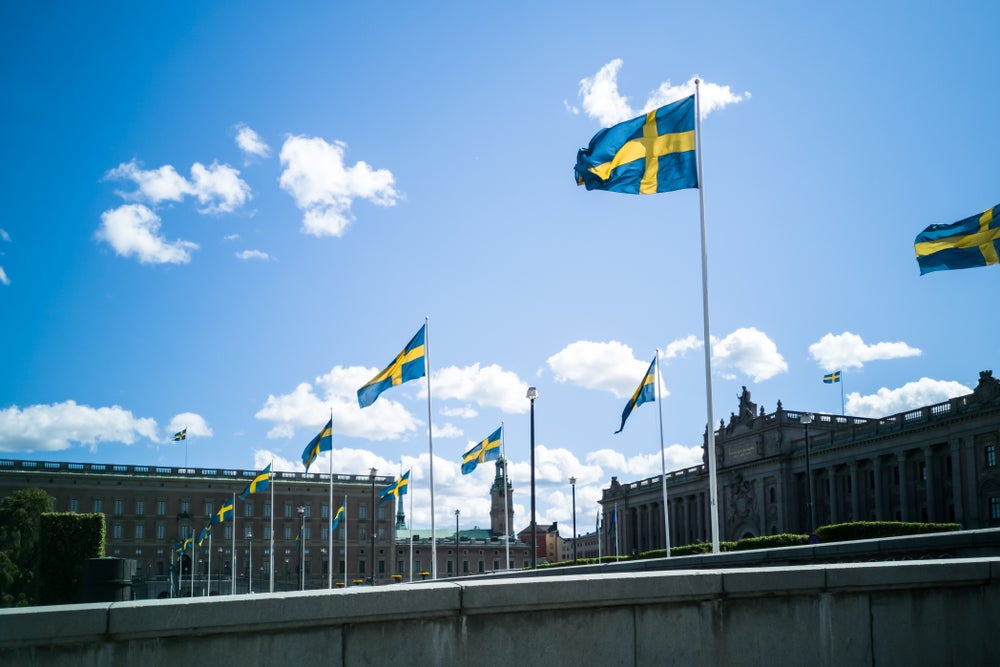
It will cost Sweden around Skr400bn ($38bn) to carry out its nuclear energy plans, which will require government loans and price guarantees, a government-appointed commission said on Monday (12 August).
The Swedish Government set ambitious goals for the nuclear sector last year, aiming to construct 2.5GW of new nuclear capacity by 2035 and ten new reactors by 2045.
However, the private sector has yet to invest, citing lack of a guaranteed return on large, fixed capital investments.
Last year, the government said it would look at taking on a greater share of the costs of financing and appoint a commission to study the cost-effectiveness of such projects.
The commission said on Monday that the state should offer loans that cover 75% of the cost of building power plants, with the owners contributing 25% to the projects out of their own pockets, Reuters reported.
The government should also guarantee a set price for electricity of around Skr0.8 per kilowatt-hour to investors over 40 years, the commission said.
“The challenge for those who want to build new nuclear power is that the risks are seen as multiple and very large,” said Mats Dillen, head of the commission.
The commission added that a fleet of four or five new plants with 4–6GW of installed capacity would make the programme most cost-effective.
Sweden has been keen to revive its nuclear industry in recent years. In 1980, the government decided to phase out nuclear power, but in 2010, the decision was repealed by parliament.
Nuclear power now provides around 40% of Sweden’s energy needs.
Last week, Sweden signed a memorandum of understanding with the US on bilateral nuclear energy cooperation, under which the two countries will exchange experience on nuclear policy, research and innovation related to supply chains, financing models, skills supply and development of advanced nuclear fuel.



